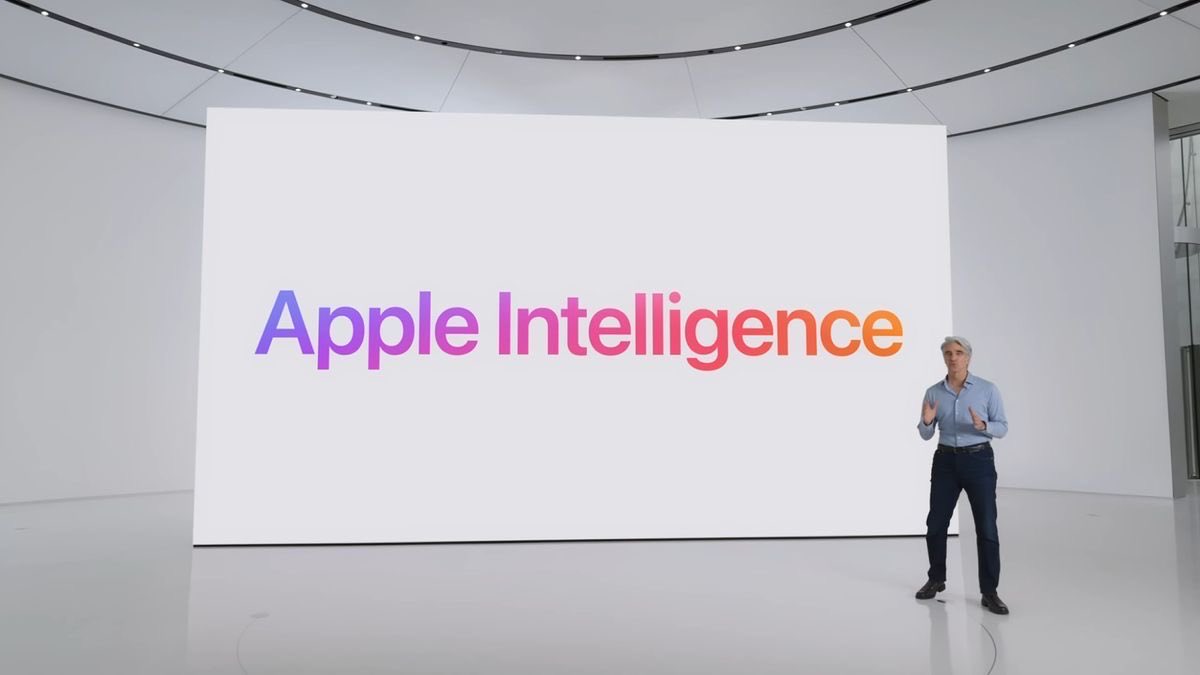The Controversy Surrounding AI Regulation: A 10-Year Moratorium on State-Level Laws
As of June 2025, the debate over artificial intelligence (AI) regulation in the United States has intensified, particularly concerning a proposed 10-year federal ban on state-level AI regulations. This provision, introduced in former President Donald Trump’s “Big Beautiful Bill,” aims to establish a uniform federal framework for AI oversight, preventing states from enacting their own laws during this period. (time.com)
Arguments in Favor of the Federal Ban
Proponents of the federal ban argue that a cohesive approach is essential for several reasons:
- Consistency Across States: A uniform regulatory environment would prevent a fragmented landscape where each state has its own set of AI laws, simplifying compliance for businesses operating nationwide.
- Encouraging Innovation: By removing the uncertainty of varying state regulations, companies might be more inclined to invest in AI development, fostering innovation.
- National Security and Global Competitiveness: A standardized federal policy could strengthen the U.S.’s position in the global AI race, ensuring that the country remains a leader in AI technology.
Major technology firms have expressed support for the federal ban. For instance, Google has called the proposed moratorium “an important first step to both protect national security and ensure continued American AI leadership.” (divmagic.com)
Opposition to the Federal Ban
Significant opposition has emerged across party lines:
- State Autonomy: Critics argue that the moratorium infringes on states’ rights to regulate matters affecting their residents.
- Local Concerns: State and local governments may have unique insights into regional issues that a federal framework might overlook.
- Potential for Overregulation: Some fear that a uniform federal approach could lead to overregulation, stifling innovation and economic growth.
For example, Massachusetts Democrat Ed Markey has proposed an amendment to strip the provision, citing federal overreach and the need for states to protect citizens from AI risks. (time.com)
Implications for AI Development and Society
The outcome of this debate will significantly impact AI development and its integration into society:
- Innovation vs. Oversight: Balancing the need for innovation with ethical considerations and public safety remains a central challenge.
- Public Trust: Transparent and inclusive policymaking processes are crucial to maintain public trust in AI technologies.
- Global Standards: The U.S. approach may influence international AI governance, affecting global standards and cooperation.
Conclusion
The proposed 10-year federal ban on state-level AI regulations encapsulates the broader debate over AI governance in the United States. As the legislative process unfolds, it is essential to consider the diverse perspectives and potential consequences to ensure that AI technologies are developed and deployed responsibly, benefiting society as a whole.



